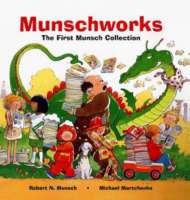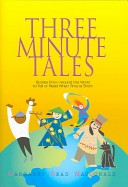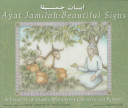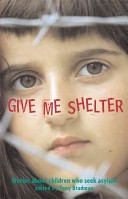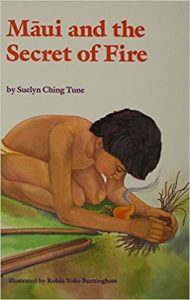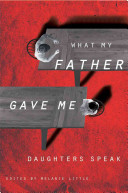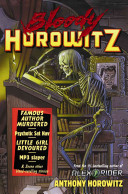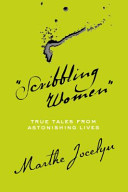
In 1855, Nathaniel Hawthorne wrote to his publisher, complaining about the irritating fad of “scribbling women.” Whether they were written by professionals, by women who simply wanted to connect with others, or by those who wanted to leave a record of their lives, those “scribbles” are fascinating, informative, and instructive. Margaret Catchpole was a transported prisoner whose eleven letters provide the earliest record of white settlement in Australia. Writing hundreds of years later, Aboriginal writer Doris Pilkey wrote a novel about another kind of exile in Australia. Young Isabella Beeton, one of twenty-one children and herself the mother of four, managed to write a groundbreaking cookbook before she died at the age of twenty-eight. World traveler and journalist Nelly Bly used her writing to expose terrible injustices. Sei Shonagan left poetry and journal entries that provide a vivid look at the pampered life and intrigues in Japan’s imperial court. Ada Blackjack, sole survivor of a disastrous scientific expedition in the Arctic, fought isolation and fear with her precious Eversharp pencil. Dr. Dang Thuy Tram’s diary, written in a field hospital in the steaming North Vietnamese jungle while American bombs fell, is a heartbreaking record of fear and hope. Many of the women in “Scribbling Women” had eventful lives. They became friends with cannibals, delivered babies, stole horses, and sailed on whaling ships. Others lived quietly, close to home. But each of them illuminated the world through her words.
